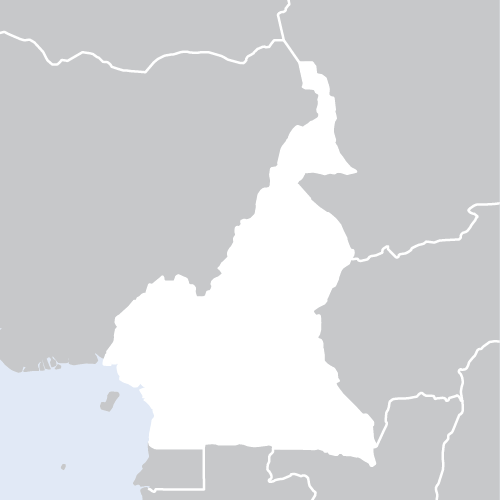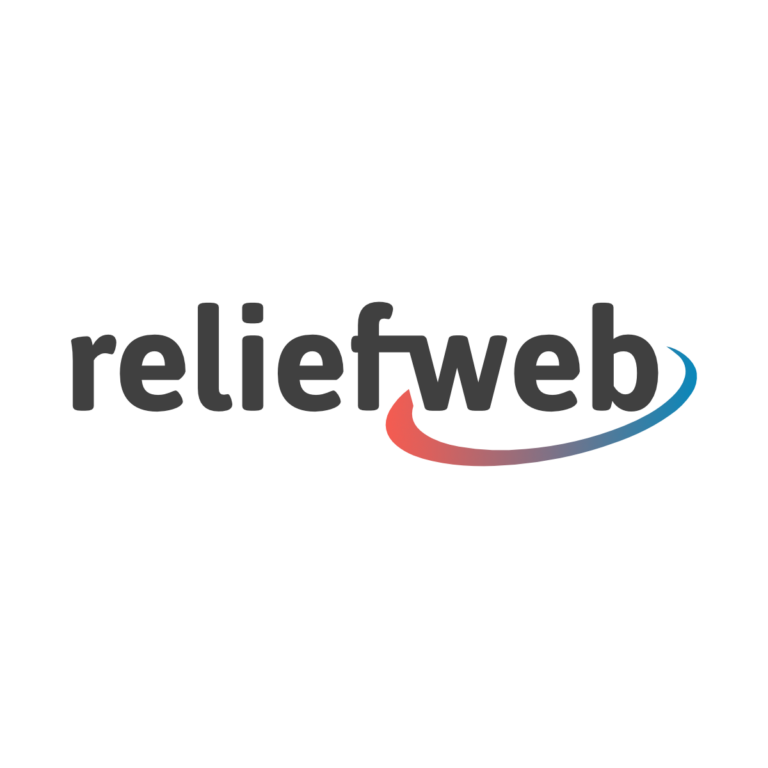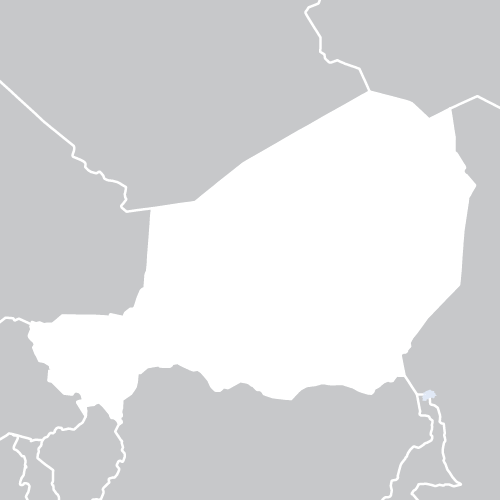Cameroon + 2 more
Senior Advisor Gender, Equality, Diversity & Inclusion (GEDI) – People and Operations
The International Rescue Committee (IRC) responds to the world’s worst humanitarian crises, helping to restore health, safety, education, economic wellbeing, and power to people devastated by conflict and disaster. Founded in 1933 at the call of Albert Einstein, the IRC is one of the world’s largest international humanitarian non-governmental organizations (INGO), at work in more than 50 countries and more than 25 U.S. cities helping people to survive, reclaim control of their future and strengthen their communities. A force for humanity, IRC employees deliver lasting impact by restoring safety, dignity and hope to millions. If you’re a solutions-driven, passionate change-maker, come join us in positively impacting the lives of millions of people world-wide for a better future.
Background/IRC Summary: The Gender, Equality, Diversity and Inclusion (GEDI) Unit is a strategic and organizational change lever responsible for developing a GEDI vision and strategy for the IRC, and empowering IRC departments to deliver on the DEI Strategy and the GEDI Action Plan. The Unit establishes IRC’s approach to GEDI to strengthen our people, program quality, and influence foundations through a feminist lens.
Job Overview/Summary: Reporting to the GEDI Director for Crisis Response Recovery & Development (CRRD), as the Senior GEDI Advisor you will be responsible for supporting the People & Culture (P&C) functions, regional and country leadership to implement the IRC GEDI action plan. You will guide regional colleagues and country offices in applying intersectional feminist principle in all people and operational policies and practices.
We are looking for a creative, solution-driven gender GEDI expert with deep experience in translating feminist principles into organizational practices and policies to reach impact at scale. This role is an exciting opportunity to advance IRC feminist commitments across our people and, operation efforts by supporting leaders to embed intersectional feminist practices, taking antiracist and decolonial approach in their roles, the workplace, and within their teams.
Strategic support
• Serve as thought partner to assigned regional leaders to ensure we contextualize and deliver on the people and operational priorities of the IRC GEDI action plan, including ensuring adequate integration and resourcing in regional and country strategic plan.
• Partner with Regional leaders and P&C Directors to help country leaders identify gap in representation and inclusion and set substantial goals for more equitable internal practices and policies in support of the IRC feminist commitment. This includes devising and supporting implementation of contextually relevant solutions to drive achievements of IRC’s Leadership Diversity Goals and strengthen a culture of inclusion and belonging of underrepresented and marginalized staff.
• Serve as assessor of progress, aggregate outcomes to support report on progress and data-driven decision making and strengthen accountability.
Technical support
• Collaborate with the team of Senior GEDI Advisors to develop and/deploy context-relevant tools, solutions, and programs to enable inclusion and promotion of key underrepresented employee groups through the employee life cycle (ex: women, SOGIESC, people with disabilities, LGBTIQ+, underrepresented and racial minorities).
• Provide technical support to regional and country P&C functions to review, design, and implement GEDI-related policies and functional-specific interventions that eliminate inequities and enable an inclusive workplace culture in alignment with the IRC Equality Value.
• Collaborate with regional (and where needed country) Safety and Security, Safeguarding, and Operations partners to address context-specific GEDI gaps and challenges and build adequate GEDI capacities within their team.
• Serve as a hub of GEDI knowledge for the regional and country teams to provide technical knowledge and expertise, monitor new practices, document the results, and provide ongoing coaching and capacity building to country GEDI staff.
• In collaboration with CRRD P&C teams and appropriate leadership, analyze, and report data on inclusion related outcomes, identifying areas for improvement and making data-driven recommendations.
Learning and employee group support
• Design and deliver context-specific GEDI learnings to support an inclusive culture and enhance the belonging of diverse groups.
• Mobilize and support regional Employee groups (including Women at Work groups) and cross regional community of practice (including GEDI Champions) as agents of change in the cultural transformation.
• Work with Employee groups to promote dialogue and engagement on key GEDI matters, surfacing emerging issues and opportunities, and recommending solutions to enhance our workplace GEDI Strategy.
Key Working Relationships
Direct Reporting: GEDI Director for Crisis Response Recovery & Development (CRRD)
Internal: CRRD People and culture Directors and partners, safety and Security, Safeguarding , CRRD regional and country leaders.
External: IRC Organizational Partners, Feminist network, Gender and D&I focused organizations.
Job Requirements
Education: Graduate degree or years in additional work experience
Work Experience: 6 + years of related experience that includes:
• Direct experience leading and influencing organizational partners to adopt feminist principles as core to all organizational processes, policies, and activities.
• Experience leading and supporting change management to embed an inclusive work culture.
• At least 2 years in the humanitarian and/or international development sector.
• At least 3 years of experience in one or more of CRRD Regions
• Experience building communities of practice.
Demonstrated Skills and Competencies
• Deep commitment to and knowledge of strategies to advance gender equality diversity and inclusion in different organizational contexts and equal participation in the workplace.
• Demonstrated experience in applying intersectional feminist lenses to one or more of the following areas: Employee life cycle, Safety, and Security, Learning and development, leadership development, HR operations, workplace infrastructure, workplace culture.
• Demonstrable understanding of how power dynamics affect organizations and the ability to amplify the voices of individuals from under-represented groups.
• Experience in designing and delivering GEDI training.
• Experience in crafting and implementing regional and sub regional strategies according to organizational priorities, considering a variety of country contexts.
• Excellent communication skills, ability to engage all levels of staff and leaders, build and maintain strong relationships with people from all backgrounds, genders, cultures, and viewpoints.
• Ability to work effectively and with impact through matrixed relationship and to engage, inspire to action, and influence people outside of direct reporting lines.
Language Skills
• Excellent spoken and written of English
• Proficiency in at least one other language spoken the CRRD regions (French, Arabic, Spanish, Swahili, etc.) highly desirable.
Working Environment
• Combination of standard office working environment and working remotely (i.e., telecommuting). Applicants must have a home or alternate workspace they can effectively complete their work from during regularly scheduled work hours.
• Some travel as needed up to 30%.
Standard of Professional Conduct: The IRC and the IRC workers must adhere to the values and principles outlined in the IRC Way – our Code of Conduct. These are Integrity, Service, Accountability, and Equality.
Commitment to Gender, Equality, Diversity, and Inclusion: The IRC is committed to creating a diverse, inclusive, respectful, and safe work environment where all persons are treated fairly, with dignity and respect. The IRC expressly prohibits and will not tolerate discrimination, harassment, retaliation, or bullying of the IRC persons in any work setting. We aim to increase the representation of women, people that are from country and communities we serve, and people who identify as races and ethnicities that are under-represented in global power structures.



